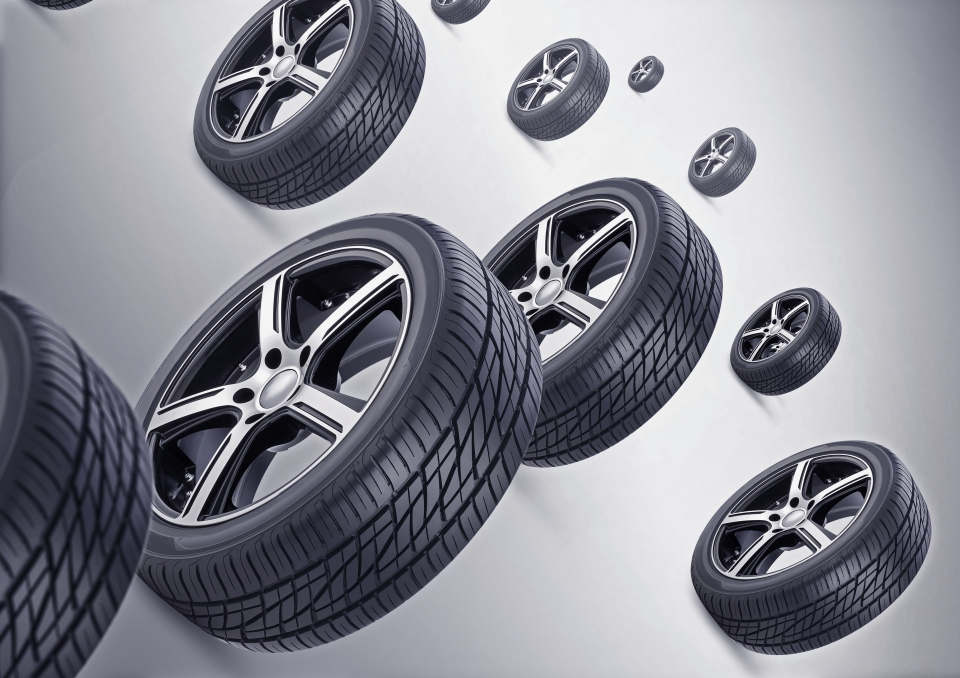Taiwan's Industry Reps Respond to U.S. Anti-Dumping Tariff Preliminary Ruling
2021/01/08 | By EDNThe Taiwan Rubber & Elastomer Industries Association (TREIA) lamented that the latest U.S. anti-dumping tariffs are an apparent attempt to push Taiwanese tire exporters out of the American market on Friday.
The U.S. Department of Commerce (DOC) on Dec. 30 released a preliminary ruling based on its anti-dumping duty investigations. Results indicated that passenger vehicle and light truck tire makers from Taiwan, South Korea, Thailand, and Vietnam had dumped their products on the U.S. market.
According to the ruling, tire exporters facing anti-dumping tariffs in Taiwan range from 52.42% to as high as 98.44%, while those from South Korea range from 14.24-38.07% 13.25-22.21% for firms from Thailand, and zero to 22.30% for vendors from Vietnam.
While investigations are still continuing, should the final ruling decide upon the American industry's damages are not overturned, the tariffs will come into effect on July 7.
The Economic Ministry's Bureau of Foreign Trade (BOFT) convened a meeting between the TREIA, the Chinese National Federation of Industries, and related companies on Friday. TREIA representatives, commenting on the meeting discussions to the media, said impacted companies would continue to address the ruling proceedings. They also mentioned that some of the data regarding the calculated tax rate were incorrect and would provide the updated data to lower the tariff imposition.
Among the impacted firms is Cheng Shin Tyre. A company manager commented that the American tariffs would make up around 2% of the company's profits; Taiwanese-produced products are around 1%, and mostly tires for SUVs. If the U.S. tariffs come through, the manager said they would turn their attention to other markets, such as Australia and Europe. Cheng Shin Tyre maintains factories in Thailand, India, and Indonesia and could continue to sell to the U.S. market by shipping from those countries.
Nankang Rubber Tire also previously announced that they would exchange production between its two factories to sidestep the tariff regulations and ship products at risk from China instead. The company would continue to develop more products that are exempt from the tariff regulations, including tires for ATV and ST vehicles.


